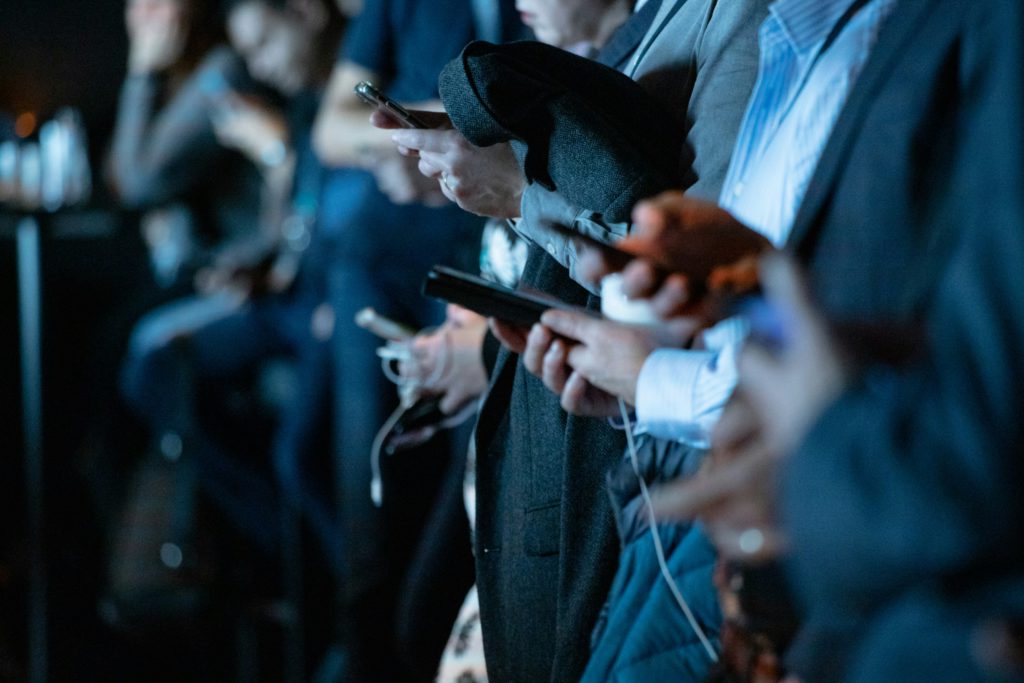The pressure has been placed upon large tech companies after a recent study found half of British teenagers feel addicted to social media. Meta, are even being sued by various US states.

A recent study has shown that around half of British teenagers are addicted to social media. This has been confirmed by the teens themselves through a survey. With this being revealed, more and more pressure has been placed on big tech companies.
Many saying the tech companies are responsible and should be held accountable for the rise in depression and anxiety amongst younger generations. The study, known as the Millennium Cohort study, found that many teenagers feel out of control.
They believe they no longer have the control over their social media use and rely on it more than they should. Feeling aware of their actions, but also feeling unable to do anything to change it. Several US states have already had this thought.
US states sue Meta
Various American states have sued Meta, parent company of both Instagram and Facebook. It’s been said the platforms have been accused of contributing to the mental health crisis, and it seems the EU agree. The EU are looking into reforming smartphones to offer more control.
The Millennium Cohort study followed around 19,000 people who were born between 2000-2002 across England, Scotland, Wales and Northern Ireland. When these individuals were between 16-18, they were asked about their social media usage.
Only 7,000 responded, and 48% of those who did, agreed with the following; “I think I am addicted to social media“. From this number, 57% were female and 37% were male. Is this gender divide down to social pressures?
Females are more addicted to social media than males
Could you argue there are more social pressures to look a certain way on females as there are males? Does it come down to a higher majority of female influencers vs males? Or perhaps the stereotype that females can’t switch off as easily as men.
The good news is, the addiction described isn’t a clinical addiction. Which means it doesn’t need professional intervention. However, it suggests a lack of control and therefore an issue somewhere along the line. The figures are striking.
WHO – gaming disorder
Recently, the World Health Organisation (WHO) established gaming disorder as an official diagnosis. This is within the International Classification of Diseases. Is social media heading the same way? Will social media addiction be the next to be added?
The problem often comes down to time-wasting. Rather than doing something productive that could benefit the user, they’ll instead choose to aimlessly scroll through social media. Which, offers them very little positives.
While it is often raised as an issue, very little seems to be done. Rather than blaming each other, shouldn’t efforts be placed on changing things? Less screen time, and more productivity. Only then, will there be a change.



